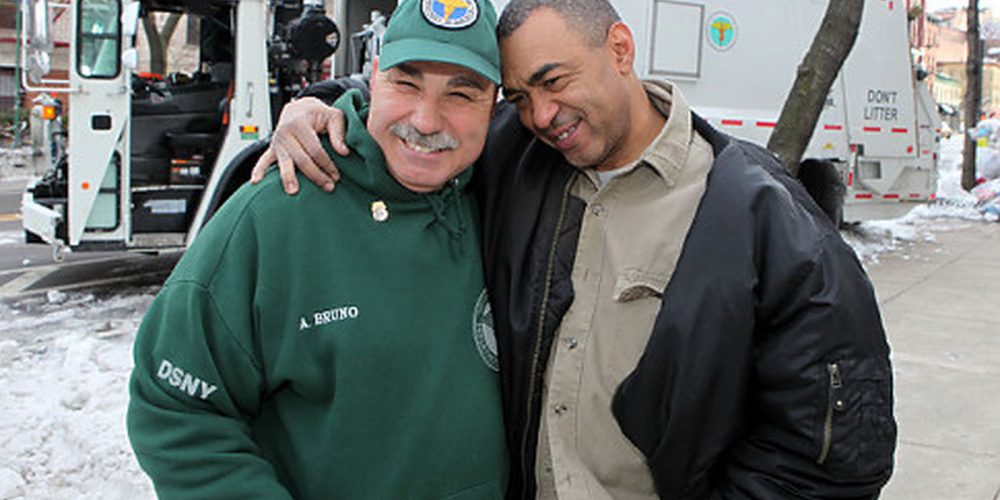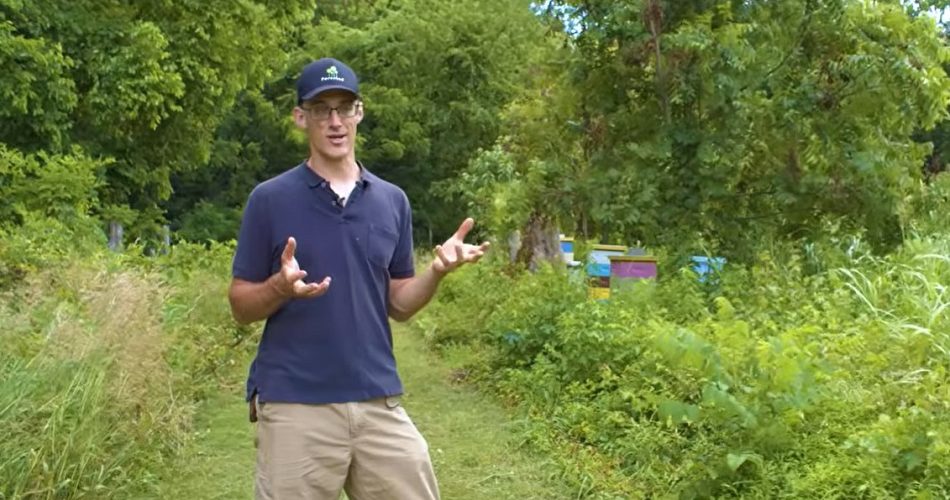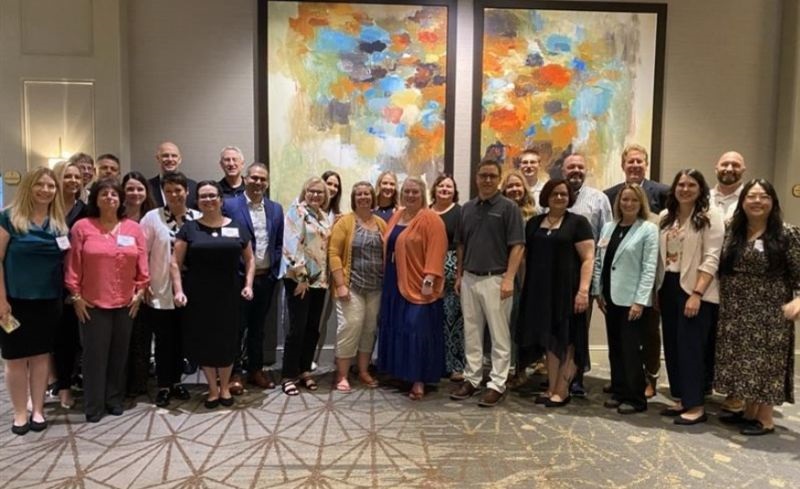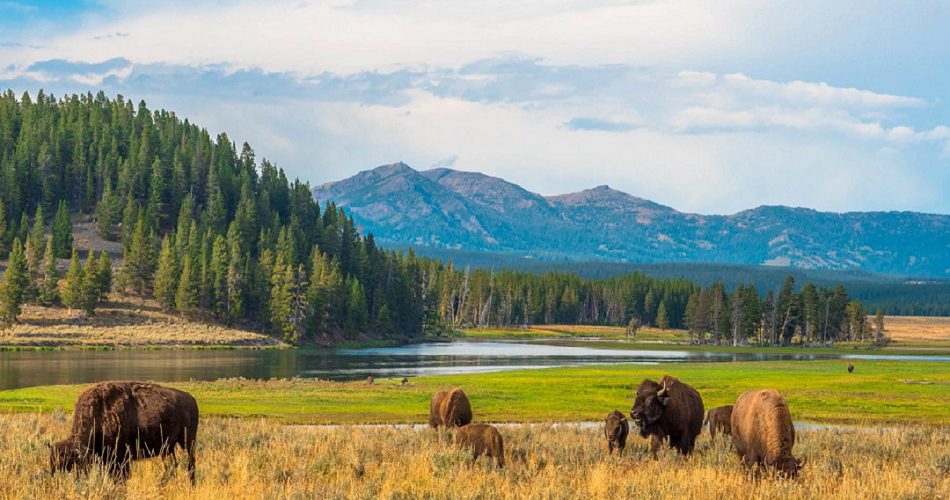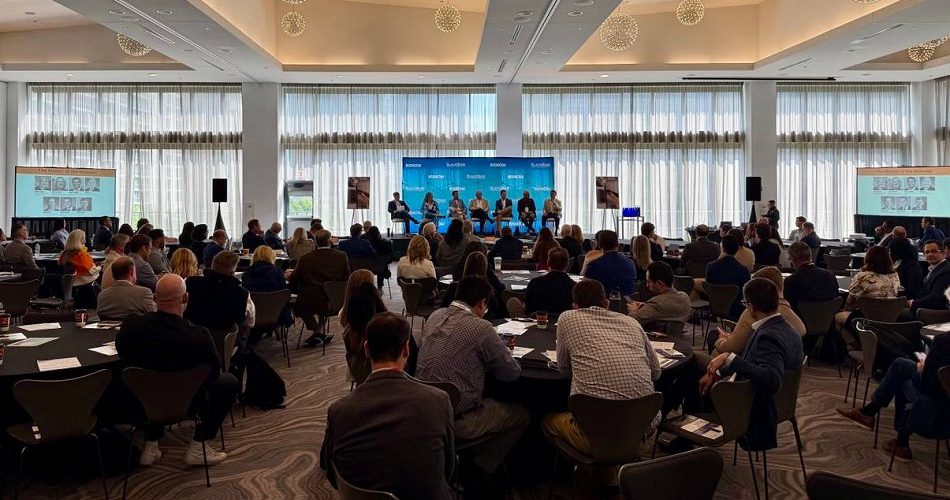Teen volunteers make their heartfelt contribution to the prosperity of their communities.
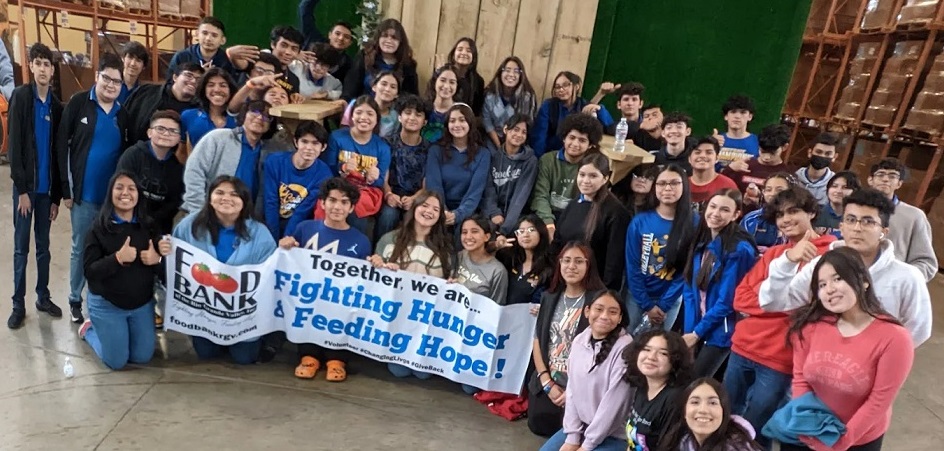
No matter how generous you think the world is, it’s safe to say that there’s always room for more. And each of us can make perhaps a small contribution to the multiplication of generosity in the world.
Volunteering is a great way to develop generosity, compassion, kindness, patience in the soul, to develop diligence and the ability to soberly see the reality around us. Thus it’s a great way to make our world more humane, peaceful, friendly, and happy.
Why Do Teens Like to Volunteer?
Teenagers have various reasons for volunteering, each contributing to their personal development and the well-being of their communities.
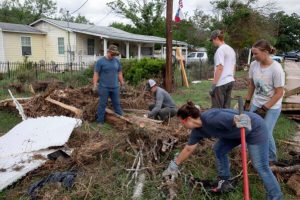
Many teens are motivated by compassion and a strong belief in causes they care about. They feel a deep connection to those in need and are driven to support these causes, making teen volunteerism a way to channel their empathy into positive action.
Melanie Goldberg is a young volunteer from Texas, who had the opportunity to visit Food Bank of the Rio Grande Valley, a member of the Feeding America network in South Texas. With the help of volunteers like Melanie, the food bank serves 88,000 individuals weekly.
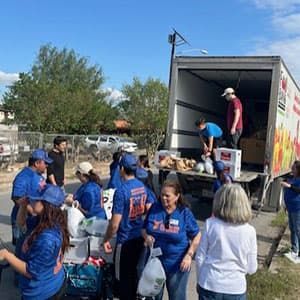
Below, Melanie shares her experience volunteering alongside the food bank staff in a community with very high food insecurity.
Melanie, how long have you been involved in volunteering?
Melanie Goldberg: For as long as I can remember, on the third Saturday of every month, my mom, my brother, and I volunteered at our local food bank to distribute food.
What motivates you to volunteer?
Melanie: You see, I learned quickly that poverty, malnutrition, and hunger have a very different image in the media compared to real life. I was made to believe that hunger only occurs in the most underserved corners of the world, far from the comforts of the U.S. Unfortunately, that is simply not the case. As Feeding America reports, over 47 million people in the US face hunger, including one in every five children.
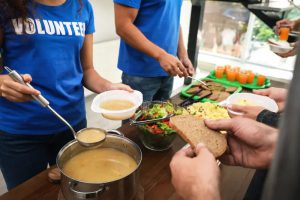
Please say some words about a memorable experience you had while volunteering.
Melanie: The past December, I had the privilege of visiting the Food Bank of the Rio Grande Valley, a member of the Feeding America network, in McAllen, Texas.
I was lucky enough to work with some of the incredible staff and help personally deliver holiday meals to families, many of whom were hesitant to leave their homes out of concerns for their privacy. While I was used to seeing grateful faces receiving food in my area, I was surprised to find that many of the neighbors in McAllen were wary to receive these bags.
But, that’s why the work of the Rio Grande Valley Food Bank is so important. The food bank operates mobile community outreach programs to reach colonias, which are very low-income communities that lack basic infrastructure needs.
Why did this volunteering experience seem so significant to you?
Melanie: This volunteering experience struck me as the most unique opportunity of my life.
While other food distribution experiences can be personal and impactful, they are much more formalized with organized lines. By contrast, the experience I was fortunate enough to have at the Rio Grande Valley Food Bank was extremely intimate. It was messy and informal, but with every gift we delivered, and each “muchas gracías” we heard, I felt connected to the McAllen community in a way that I never thought possible in one afternoon.
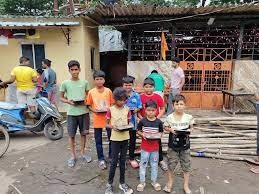
Do you often meet unhappy people?
Melanie: Sometimes we do, of course. But there are different cases. I also met families who were living in small, self-made homes, each with up to ten children and adults, and those people showed me the meaning of resilience that I had never witnessed before in America. Yet, despite challenging circumstances, the children remained joyful and parents were grateful for the help they received.
So this experience inspired you?
Melanie: Yes. This unforgettable experience with one of Feeding America’s remarkable food bank partners inspired me greatly. There are people that have dedicated their lives to helping others in this way, and I have deep respect for their work.
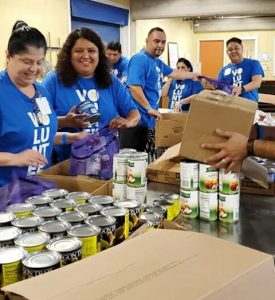
The truth is, unfortunately, there is still so much to be done to end hunger in this country.
We all need to do our best to support vital organizations like Feeding America that are trying to make a real impact in communities all across the country. This trip renewed my sense of commitment to being a part of the solution that will bring about a hunger-free America.
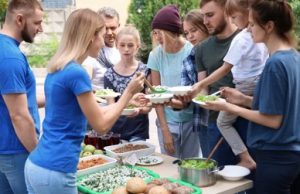
What is the most challenging aspect of volunteering, in your view? And how do you deal with it?
Melanie: The most challenging aspect of volunteering is managing emotional fatigue and burnout, especially when dealing with difficult social issues. To deal with this, I practice self-care, set boundaries, and seek support from fellow volunteers and mentors. Reflecting on the positive impact of my work and celebrating small successes helps maintain motivation and resilience.
We wish you every success in such a noble cause as volunteering, aimed at making people happy!
Melanie: Thanks a lot!
By Gilbert Castro | ENC News



